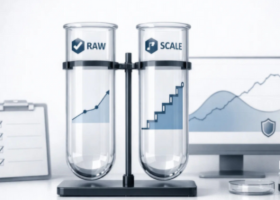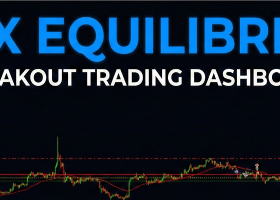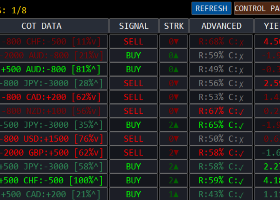Oxfam research, published this Monday, has shown that the share of the world’s wealth owned by the best-off 1% has increased from 44% in 2009 to 48% in 2014, while the least well-off 80% currently own just 5.5%. The charity added that on current trends the richest 1% would own more than 50% of the world’s wealth by 2016.
Billionaires and politicians gathering in Davos, Switzerland this week for the World Economic Forum, will come under pressure to deal with rising inequality. Ahead of this week’s annual meeting, the anti-poverty charity Oxfam said it would use its high-profile role at the gathering to demand urgent action to narrow the gap between rich and poor.
Winnie Byanyima, executive director of Oxfam International said in an interview with Britain's the Guardian:
"We want to bring a message from the people in the poorest countries in the world to the forum of the most powerful business and political leaders.
“The message is that rising inequality is dangerous. It’s bad for growth and it’s bad for governance. We see a concentration of wealth capturing power and leaving ordinary people voiceless and their interests uncared for."Oxfam stated the wealth of the richest 80 doubled in cash terms between 2009 and 2014, and that there was an increasing tendency for wealth to be inherited and to be used as a lobbying tool by the rich to further their own interests. It noted that more than a third of the 1,645 billionaires listed by Forbes inherited some or all of their riches, while 20% have interests in the financial and insurance sectors, a group which saw their cash wealth increase by 11% in the 12 months to March 2014.
Another research by the Equality Trust, which campaigns to reduce
inequality in the UK, found that the richest 100 families in Britain in
2008 had seen their combined wealth increase by at least £15bn, a period
during which average income increased by £1,233. Britain’s current
richest 100 had the same wealth as 30% of UK households, it added.
Through the past decade, inequality has moved up the political agenda, amid concerns that the economic recovery since the global downturn of 2008-09 has been accompanied by a squeeze on living standards and an increase in the value of assets owned by the rich, such as property and shares. Pope Francis and the IMF managing director Christine Lagarde have been among those warning that rising inequality will damage the world economy if left unchecked, while the theme of Thomas Piketty’s best-selling book Capital was the drift back towards late 19th century levels of wealth concentration.



